Act now to protect the environment
* Reporter: The current state of air pollution in Hanoi has been clearly seen through monitoring data over the past many years. There are many causes of air pollution, from production facilities, traffic, to civil activities... In your opinion, focusing on reducing the impact of pollution from means of transport will be an effective solution?
Dr. HOANG DUONG TUNG, Chairman of Vietnam Clean Air Network
* Dr. HOANG DUONG TUNG, Chairman of the Vietnam Clean Air Network : There are many lessons in the world to solve the problem of air pollution. A typical example is Beijing (China), which was heavily polluted more than 10 years ago. They were determined to convert all buses to electric vehicles in just 1-2 years, by investing heavily in converting vehicles, starting from the core area first and then expanding, along with many policies to support the conversion. As a result, Beijing's air quality has been fundamentally improved. Many European cities have also implemented the solution to pollution from vehicles. They established low-emission zones, allowing only green vehicles to operate, completely banning vehicles running on fossil fuels.
I think that in all cities around the world, not just Hanoi and Ho Chi Minh City, the cause of pollution from fossil fuel vehicles is certain, with scientific research and evidence. Therefore, using electric vehicles reduces CO2 emissions by up to 70% compared to gasoline vehicles. It is time for us to stop worrying about whether motorbikes are the main cause of pollution or not, but the issue is to immediately implement drastic solutions according to Directive No. 20/CT-TTg of the Prime Minister on a number of urgent tasks, drastically preventing and solving environmental pollution. We will do it step by step, starting with motorbikes.
However, the government and relevant agencies should soon announce support policies such as charging station network safety, public transport deployment... This is also the experience of other countries, when many support policies are very public, transparent and timely.
Motivation to effectively implement Prime Minister's Directive No. 20
* There are many opinions expressing agreement on restricting fossil fuel-powered motorbikes in the Ring Road 1 area, however, there are still many concerns about the impacts of this policy on people's lives. What is your opinion?
* Mr. KHUAT VIET HUNG, Chairman of the Board of Directors of Hanoi Metro : I think that the restriction of motorbikes using fossil fuels must be closely linked to the conditions for implementation, because this is an issue that has a great impact on the people. We must determine which means of transport will be used instead, what is the quality of public passenger transport services, what are the infrastructure conditions so that people can use environmentally friendly means of transport... Over the past time, Hanoi City has made every effort to create the conditions to be able to implement this policy, but there is certainly still a lot of work to do in the coming time.
Mr. KHUAT VIET HUNG, Chairman of the Board of Directors of Hanoi Metro
I would like to emphasize that Prime Minister's Directive No. 20 refers to a comprehensive task for all sectors and fields to implement, related to improving the environment for the capital, not just the matter of stopping motorbikes and scooters using fossil fuels in the Ring Road 1 area on July 1, 2026. The fact that public opinion has many opinions revolving around the goal of limiting motorbikes and scooters using fossil fuels is similar to the story of the promulgation of Decree 100/2019/ND-CP on administrative sanctions for violations in order and safety of road and railway traffic. The Decree stipulates sanctions for all acts, but at the beginning, people were only interested in handling alcohol concentration violations, because it has such a broad impact. The special attention of the people has become a highlight, creating widespread influence, and if we achieve this goal, it will be the driving force for us to successfully carry out all other tasks in Directive No. 20.
There is practical support for people and businesses
* The policy of restricting fossil fuel vehicles from entering the Beltway 1 area has clearly defined specific goals and roadmaps. In your opinion, is this plan feasible? What should be done to minimize the impact on people and businesses?
* Mr. NGUYEN CONG HUNG, Vice President of Vietnam Automobile Transportation Association : Hanoi currently has more than 6 million motorbikes and scooters, plus about 1.6 million cars. With such a large number of vehicles, Hanoi must speed up the progress of controlling vehicle emissions. However, management agencies should consider the implementation method to minimize the impact on people and businesses. In my opinion, the government should classify vehicles, along with the year of manufacture to have a suitable conversion plan, step by step. This can be done because localities have completed electronic identification and vehicle license plate identification.
Mr. NGUYEN CONG HUNG, Vice President of Vietnam Automobile Transportation Association
Hanoi only needs to coordinate to collect this data to develop a synchronous and systematic plan. Next, implement a policy to support vehicle conversion, paying special attention to the poor and low-income people. The authorities also have plans and solutions to strictly control the standards and quality of electric motorbikes and charging equipment, charging infrastructure in apartment buildings, and prevent fires and explosions.
The conversion to green vehicles is an inevitable trend, after motorbikes will be cars. This is also a challenge for transport businesses. For example, Hanoi has 15,000 gasoline-powered taxis and tens of thousands of contract cars, so the conversion requires a huge amount of capital. The government, ministries, and localities should have practical support for businesses in the process of converting vehicles, such as lending with interest rates, tax exemptions, etc.
The Automobile Transport Association recommends that, according to current regulations, identification plates can be considered as business assets. When converting to green vehicles, all plates need to be reissued, and the plate fee of 20 million VND should be exempted; at the same time, some fees such as environmental fees and registration fees for hybrid vehicles should be exempted... Such practical and timely support will contribute to speeding up the completion of the set goals.
Performed by BICH QUYEN
Source: https://www.sggp.org.vn/ha-noi-se-dung-xe-may-chay-xang-vao-khu-vuc-vanh-dai-1-chu-truong-dung-can-giai-phap-hieu-qua-post804651.html


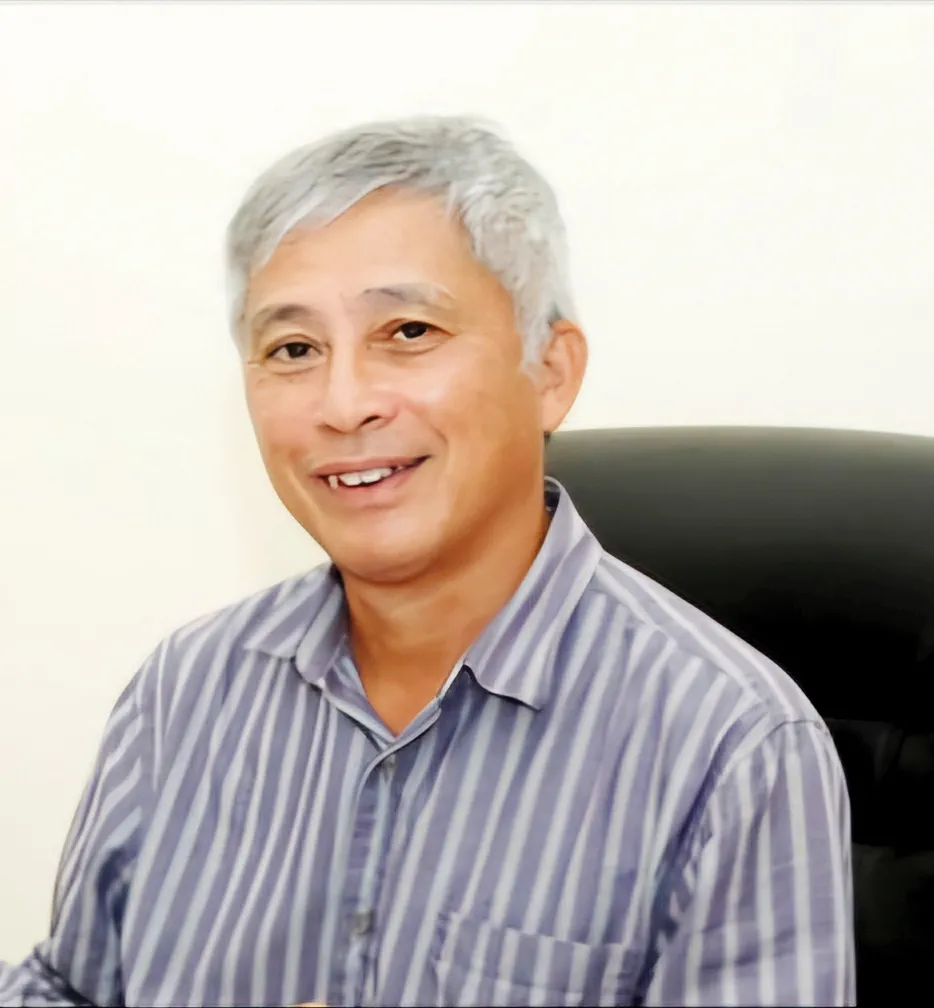
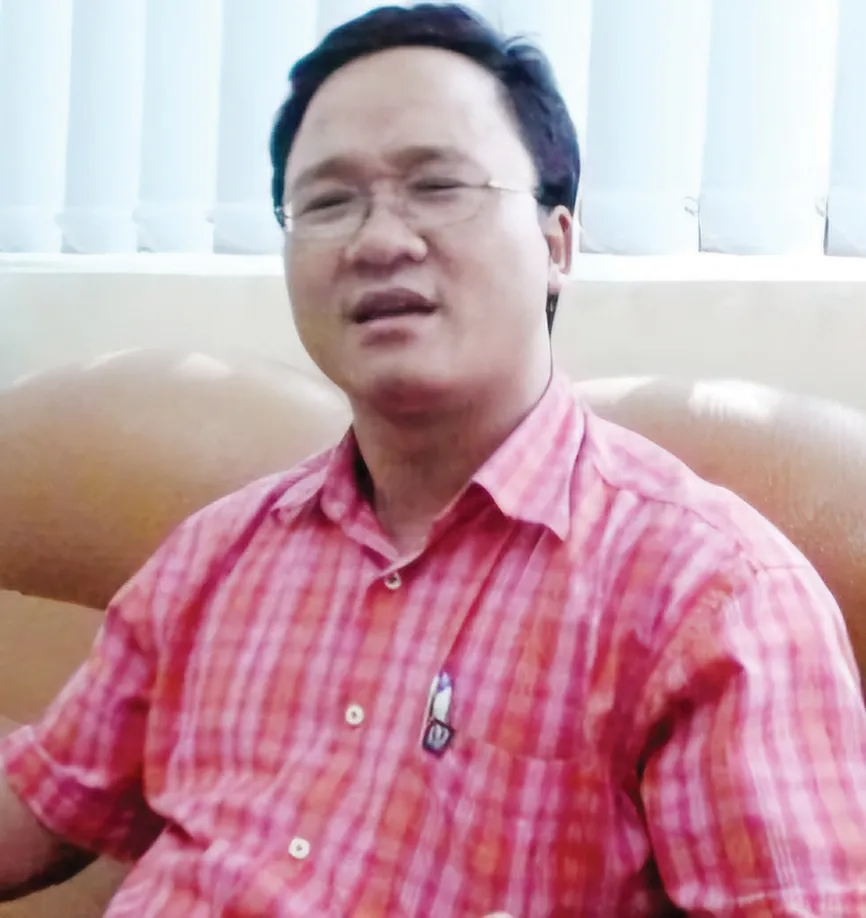
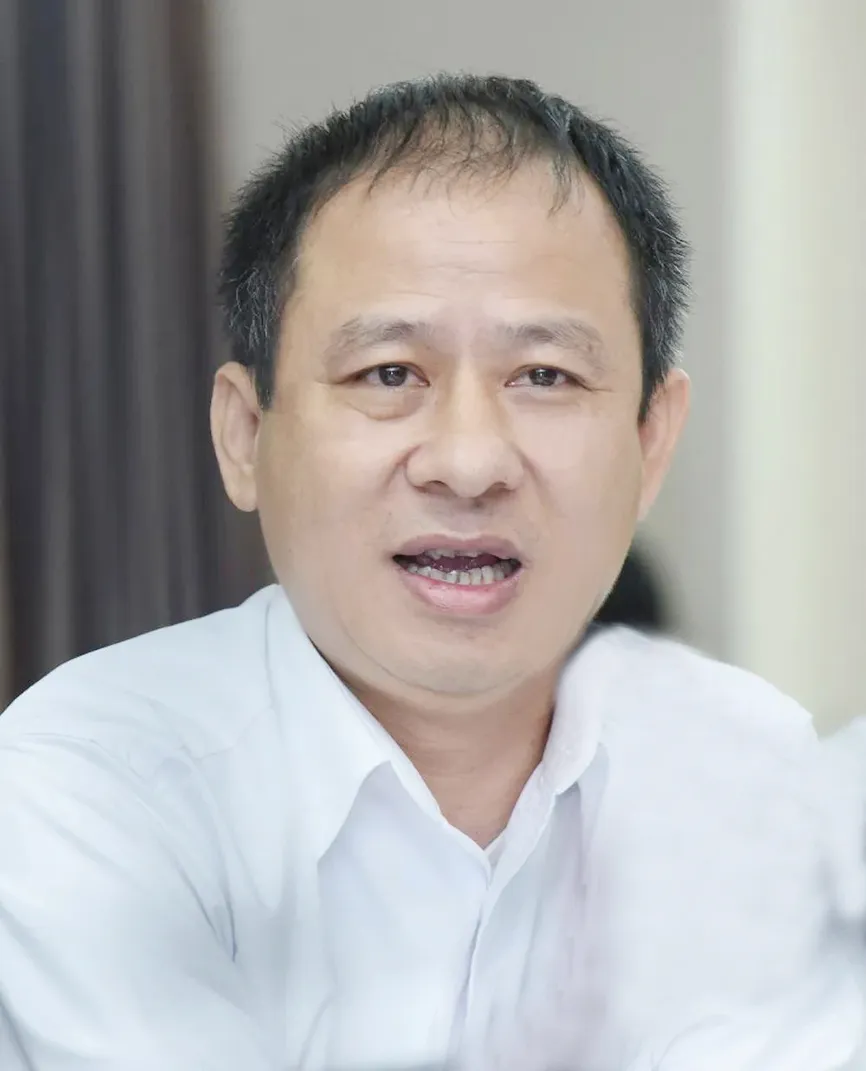

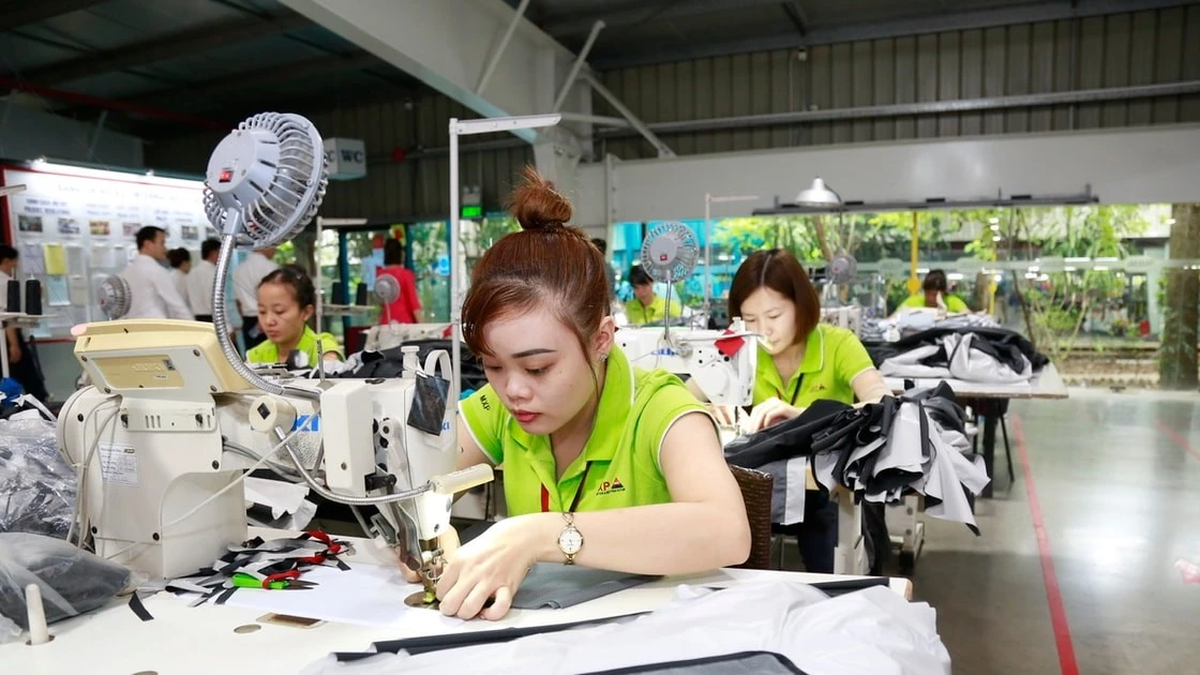
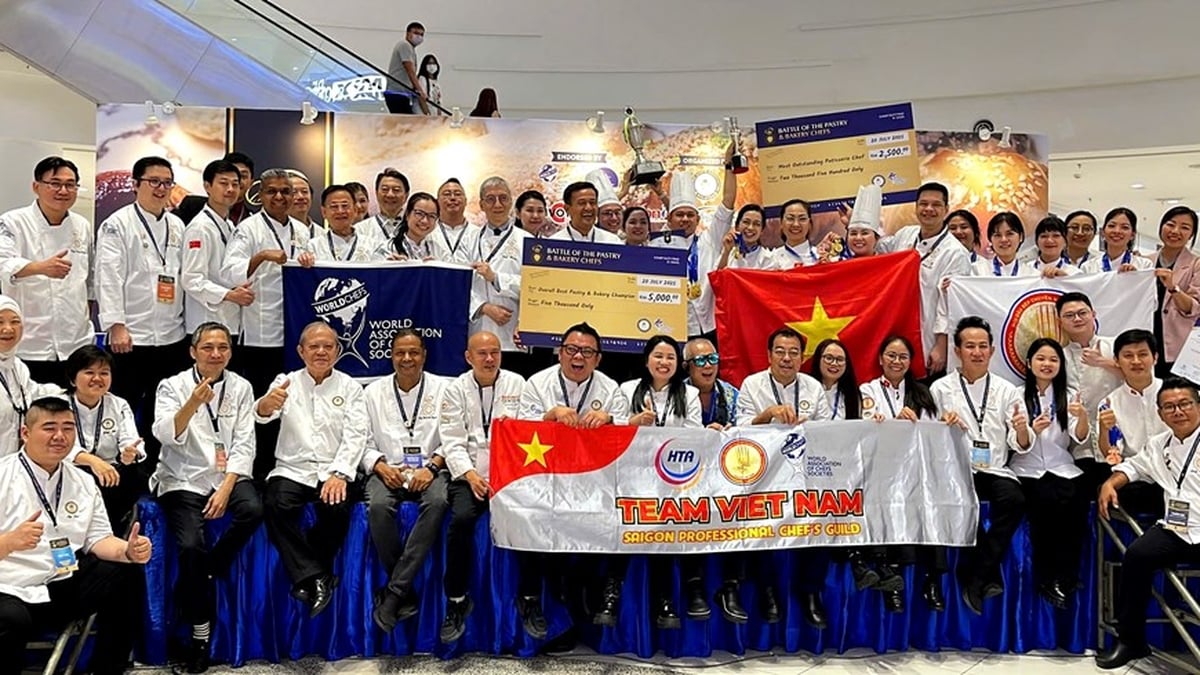


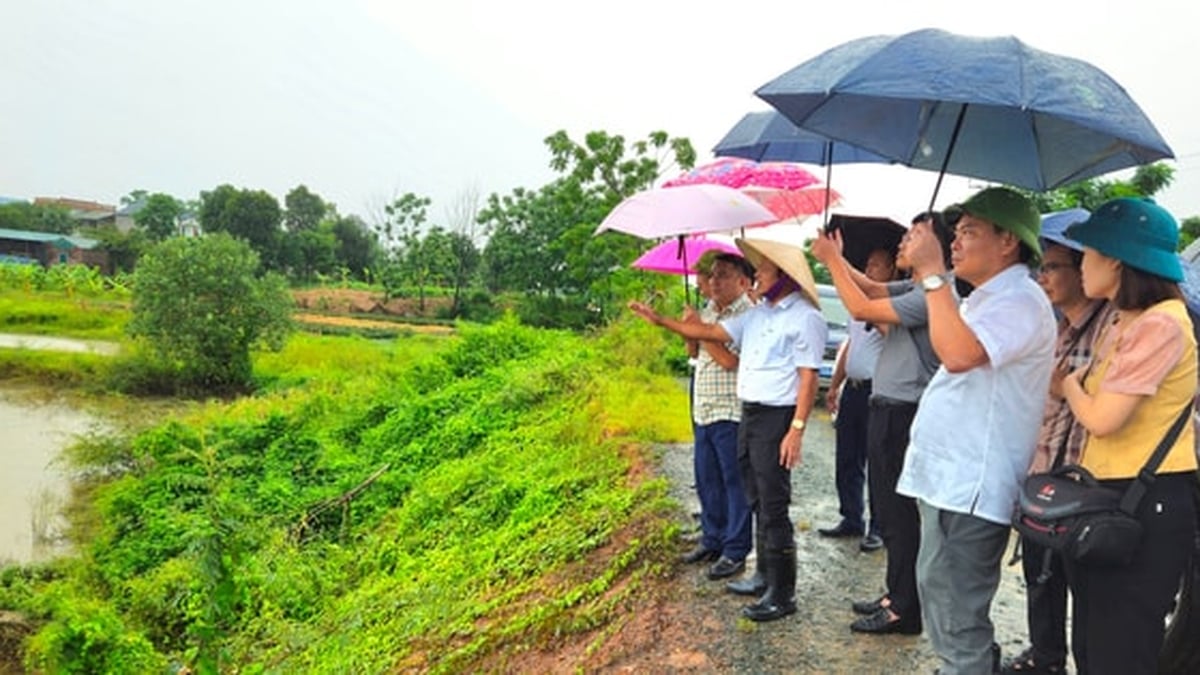
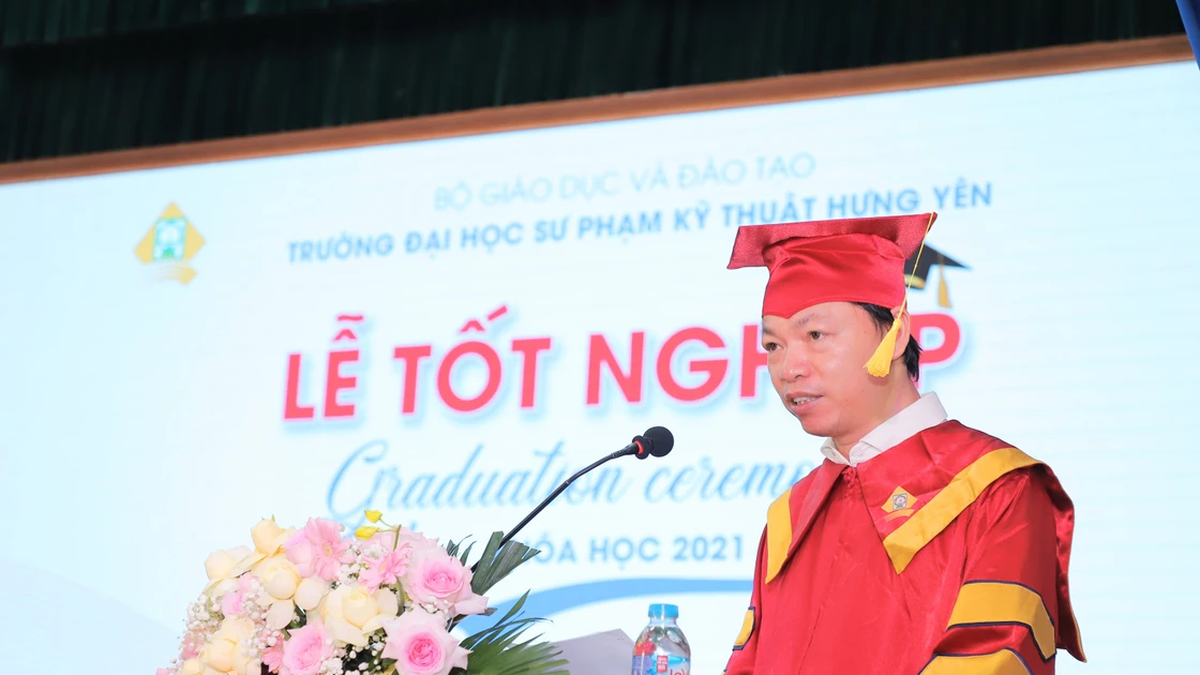
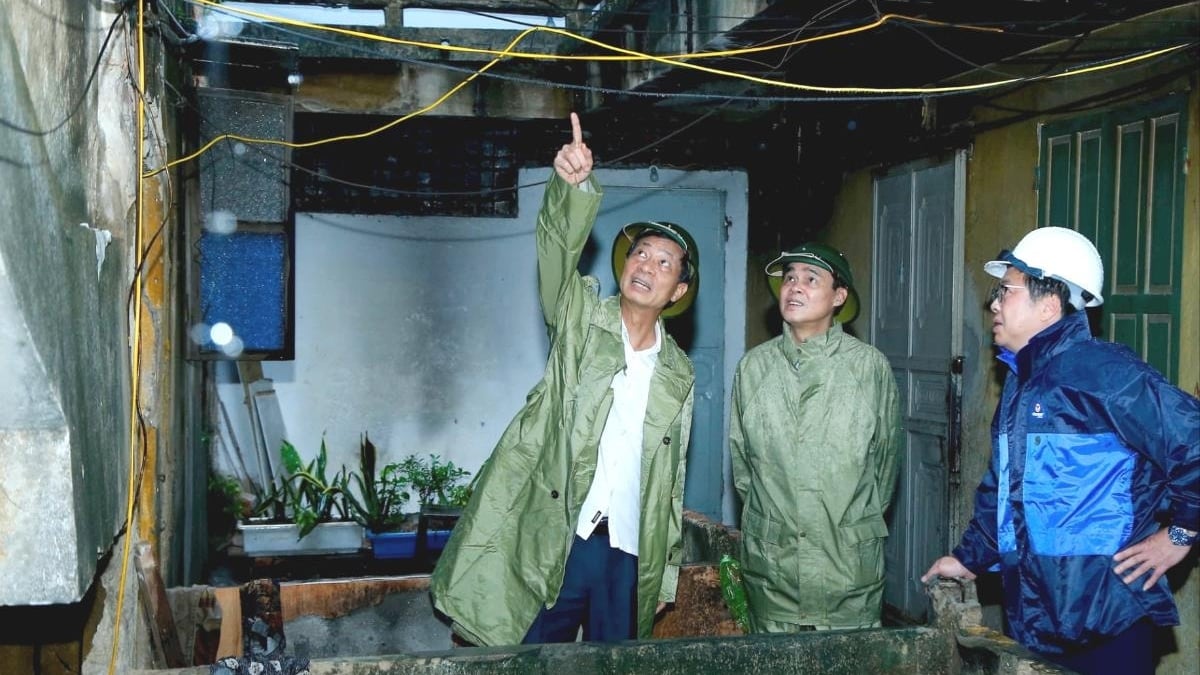

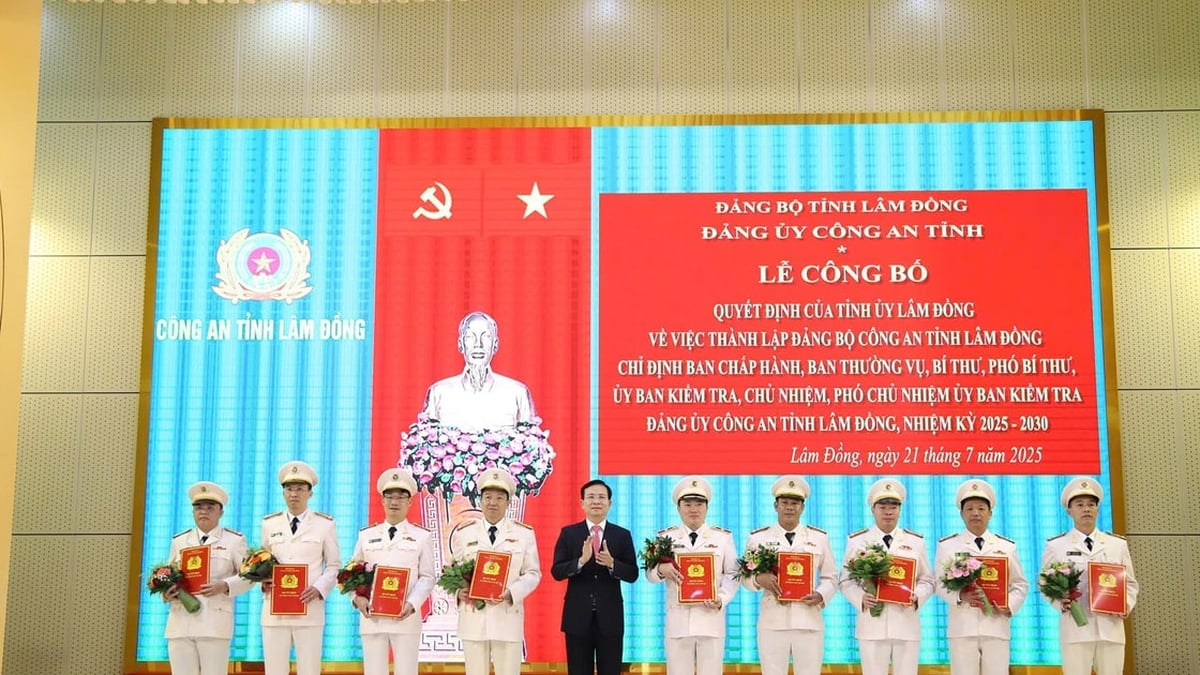











![[Photo] National Assembly Chairman Tran Thanh Man visits Vietnamese Heroic Mother Ta Thi Tran](https://vphoto.vietnam.vn/thumb/1200x675/vietnam/resource/IMAGE/2025/7/20/765c0bd057dd44ad83ab89fe0255b783)













































































Comment (0)